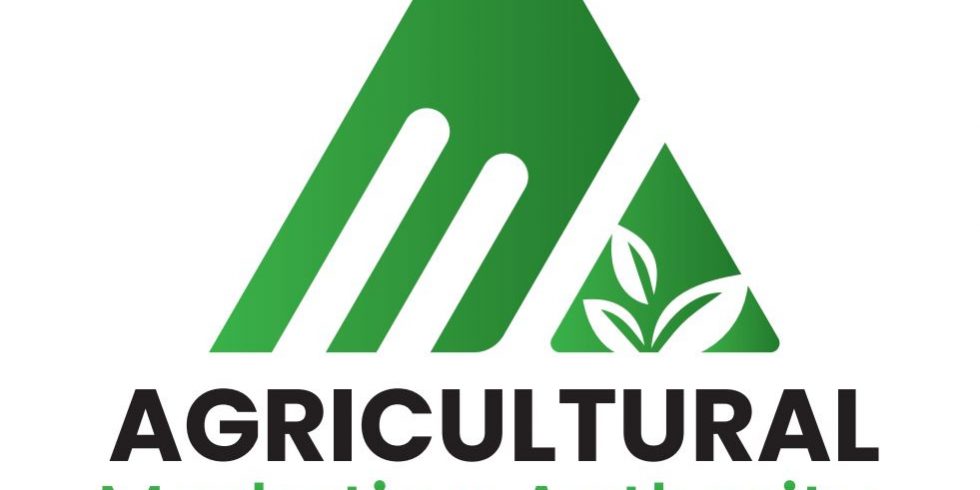By Samson Tarusenga
Zimbabwe pins its hopes on agriculture, mining, tourism, and manufacturing industries among other, to realize Vision 2030 – of achieving a prosperous and empowered upper middle-income society.
The agriculture Gross Domestic Product (GDP) is now aimed to become a USD13.75 billion industry by 2025 after it grew from US$5,6 billion in 2020 to US$9.9 billion in 2022 surpassing the initial USUS$8.2 billion target.
While the record is often told of the contribution of different products including cereals, horticulture, tobacco, cotton and livestock to the agricultural GDP, the contribution of coffee has not so often been told.
Coffee is one of the most lucrative cash crops in Zimbabwe, along with tobacco and cotton. The Eastern Highlands, regarded as the coffee belt, offer an ideal climate for growing high-quality coffee. Coffee production occurs primarily in Honde Valley (Manicaland and Mashonaland provinces). Within these regions, Chipinge is known for producing high-quality Arabica beans that make up 75% of Zimbabwe’s specialty coffee exports. Other popular regions include Chimanimani, Mutasa, and Mutare.
Coffee was introduced to Zimbabwe in the mid-19th Century by British farmers. In the 1960s, commercial farming was introduced, leading to a production boom which saw Zimbabwean coffee making it to New York and London. However, climate change and international price fluctuations led to a sharp decline in the industry. Farmers abandoned coffee production in favor of more short-seasonal crops due to the long dry spells. The dominant varietal in Zimbabwe is Catimor Arabica bean, which is preferred due to its short maturity period, disease resistance nature, and small size that allows for more produce per average farm size.
Coffee exports from Africa were valued at US$3.6 billion in 2022, Ethiopia leading with a cool US$1.5 billion followed by Uganda at US$813 million.
At its peak, Zimbabwe coffee sector delivered around 15000 metric tonnes (MT) and contributed about 2% to the GDP with employment opportunities available to more than 20 000 people. While this performance fell significantly in recent years due to climate change and other realities, there is evidence that coffee has huge potential to contribute to Zimbabwe’s rural industrialization and development agenda. In fact, it is sustaining livelihoods for thousands of families in the eastern districts of Zimbabwe.
The country has one of the best climatic conditions that are suitable for coffee production and also boast of good soils that support the production of sought-after premium quality. The past couple of years have seen the price of coffee surging to around US$7/kg, helping the current production recovery trajectory with a 50% jump in the small-holder sector production from 400 tonnes produced in 2021 to around 600 tonnes in 2023. The coming in of Nespresso in the local coffee value chain has propped our fortunes.
The coffee value chain is a low hanging fruit for unlocking employment opportunities in a number of areas such as coffee production (farming), engineering and machinery supply (production and sale of washers, pulpers, hullers, conveyors, polishers, irrigation equipment roasters) washing and processing stations, chemicals (pesticides, herbicides, fungicides), tourism, packaging, warehousing and many more.
There is great high scope for recovery anchored on supportive government and strong institutional arrangements. Availability of supportive a government with its arms in research, extension and parastatals (Agricultural Marketing Authority and Silo Zimbabwe) puts the country on a strong footing to spring up growth in the coffee sector. Opportunities are there to establishing stronger working partnerships with producers and producer organizations (farmers’ unions, Zimbabwe Coffee Mill), civil society organisations, and private players (Cairns, Nespresso) and NGOs (Technoserve). There is need to inculcate a tradition of family and teamwork between government and these other players to ensure that there is significant progress.
It is worth noting that to ensure the booming of the industry, production must be implemented with research and development to ensure profitability of cultivation, production to be more resilient to climate change and to scale up the quality through good agricultural practices, evaluation of good varieties and appropriate post-harvest treatment. If we look at the success of countries such as Brazil, Vietnam, Ethiopia and Uganda, we will appreciate that they have long term strategies and research programs. Zimbabwe, like many other countries, has to confront the challenges lying in the future while addressing the social and economic concerns of today by leveraging on research.
There is need to continue to find ways to upscale the production of clean, resilient planting materials and to expand the area under coffee production. Research on climate smart technologies is imperative as the prevalence of natural calamities including droughts, cyclones are tending to increase. The installation of irrigation facilities on farms together with adapting and adopting techniques that help conservation and efficient use of available water are imperative.
Knowledge gap needs to be closed by solving the poor linkage between farmer and research services. It should be applauded that the government and its partners, among them the Agricultural Marketing Authority, have embarked on training programs targeting prospective and existing farmers to increase production of premium quality coffee that meets the local and international market.
Financial support targeting coffee farmers is crucial to cater for the procurement of inputs, machinery and installation production infrastructure.
It is needless to say that the coffee market is now conscious to demand actions on sustainability, biodiversity conservation and deforestation in coffee value chain. The call for traceability of products to the place of origin is growing louder and collective efforts to introspect and adjust to protect our markets are essential.
That said, coffee production plays a significant role in contributing to food security, especially to small-holder farmers through diversification of incomes. The revenue generated from selling coffee beans allows farmers to invest in their farms, purchase food supplies, and improve their overall livelihoods. This income stability can contribute significantly to food security by ensuring consistent access to nutritious food for farming communities.
Samson Tarusenga is acting head of Chipinge Coffee Research.
Word from the market is a column produced by the Agricultural Marketing Authority (AMA) to promote market-driven production. Feedback cchiduku@ama.co.zw or WhatsApp/Call +263781706212.





